Buy Levemir Flexpen online | Levemir Flexpen for sale
CLASSIFICATION Hormone and Synthetic Substitute / Antidiabetic Agent ACNE No WATER RETENTION No HBR No HEPATOTOXICITY No AROMATIZATION No SUBSTANCE Insulin , Insulin is a highly anabolic hormone that plays a critical role in the body’s functioning, produced naturally by all humans. For those with diabetes, insulin is frequently administered externally despite its natural production. Performance athletes sometimes use it to enhance lean muscle growth. However, non-prescribed use can be extremely dangerous and requires great caution. While insulin has always been produced within the body, exogenous insulin became available in the 1920s, initially sourced from the pancreases of dogs, and later from cows and pigs. Although there were concerns about its purity, the life-saving potential of exogenous insulin was heavily recognized, as untreated diabetes can be fatal. By the 1970s, purification methods had improved significantly, and in 1975, Ciba launched the first batches of synthetic insulin. By 1982, this synthetic version was perfected with the introduction of Humulin-R, an exact replica of human insulin, which received FDA approval.
Insulin Functions & Characteristics:
Insulin, classified as a peptide hormone and produced by the pancreas, is essential for the utilization and regulation of glucose, amino acids, and fatty acids. It prevents the breakdown of glycogen, fat, and protein at the metabolic level. For diabetics, insulin may be necessary due to two primary types of diabetes. In Type I diabetes, patients do not produce sufficient insulin. In Type II diabetes, while insulin is produced, the body fails to recognize it effectively at the cell level, often due to obesity. Insulin positively influences the liver, encouraging glycogen formation from glucose while also inhibiting the conversion of non-carbohydrates into glucose. This hormone facilitates the transport of glucose into cells, fostering muscle tissue growth and enhancing protein synthesis. High insulin levels are also associated with increased bone density and the production of Insulin-Like Growth Factor-1 (IGF-1), which is also anabolic and shares structural similarities with insulin. Furthermore, insulin can promote the secretion of Luteinizing Hormone (LH) and Follicle Stimulating Hormone (FSH), which may elevate testosterone production in the body, albeit the impact is relatively modest.
Effects of Insulin:
For individuals with diabetes, the primary role of insulin is regulating blood sugar levels. Thanks to its strong anabolic effects, insulin can also benefit athletes. However, using exogenous insulin off-label can lead to significant fat gain and, in severe cases, may be fatal if not used correctly. Athletes may find insulin advantageous due to its anabolic properties, but maintaining body fat control is critical. When insulin levels are high, the body’s capacity to burn stored fat is reduced. Thus, those who use insulin for performance enhancement must adhere to a carefully planned diet, controlling calories and fat intake to ensure that nutrients are stored in muscles rather than fat. The optimal time for insulin administration is right after an intense weight training session, accompanied by food. Under appropriate conditions, insulin can facilitate rapid muscle gain. Many men struggle with the associated body fat gain, but it can be managed. In performance scenarios, the combination of anabolic steroids and HGH is often recommended alongside insulin, as these can help regulate fat levels while promoting growth.
Side Effects of Insulin:
Potential side effects of insulin primarily include hypoglycemia, which can be a significant concern for diabetics and even more so in performance contexts. Hypoglycemia occurs when blood sugar levels drop too low and can result in various symptoms that, if ignored, may lead to severe complications, including death. Symptoms of hypoglycemia include:
- Dizziness
- Hunger
- Drowsiness
- Blurred vision
- Depression
- Sweating
- Heart palpitations
- Tingling sensations
- Loss of focus
- Headaches
- Lightheadedness
- Anxiety
- Irritability
- Slurred speech
- Changes in personality
- Unsteady movements
When experiencing hypoglycemic symptoms, individuals should consume fast-acting carbohydrates and should not sleep after insulin administration, as sleeping could lead to a dangerous hypoglycemic state. Severe hypoglycemia necessitates immediate medical attention, underscoring the importance of having someone present when administering insulin. There is considerable concern surrounding severe hypoglycemia, which can lead to a diabetic coma, a serious condition that may result in death. In addition to hypoglycemia, allergic reactions to insulin can occur, causing swelling, itching, or irritation at the injection site, and in rare cases, more severe reactions like rash or difficulty breathing. Moreover, repeated injections in the same area can lead to an increase in localized fat storage, so it’s essential to rotate injection sites.
Insulin Administration:
Insulin dosing for diabetes varies greatly by individual needs, with no standardization across patients. For performance enhancement, there are multiple types of insulin available, both long-acting and short-acting, which will influence dosing strategies. Typically, a common performance dose is around 1 unit per 10 pounds of body weight. First-time users should start with a lower dose of 1 unit per day right after weight training, gradually increasing as necessary and monitoring for signs of hypoglycemia. The best time to administer insulin is directly after weight training, with solid and liquid carbohydrates consumed shortly thereafter. A typical recommendation is at least 100g of carbohydrates, along with approximately 40-50g of protein. While some may need more carbohydrates, it’s crucial to avoid excessive insulin doses, starting low and increasing as needed. Users should always keep fast-acting carbohydrates handy to counteract potential hypoglycemic reactions.
Insights on Insulin Use:
Insulin is a critical hormone for health and proper body function, and it can be effective for muscle building as a performance enhancer. However, its use carries risks, including the challenge of managing body fat effectively. Most individuals will not require insulin for their fitness goals, and those who avoid it may find themselves happier with their results in the long run. Nonetheless, it remains popular in competitive bodybuilding circles, where users often combine it with other performance-enhancing substances. Some athletes outside of bodybuilding also see potential in insulin as it is not detectable in drug tests, often using it alongside HGH and minimal doses of other anabolic agents to avoid testing issues. Generally, however, the insulin doses used in these scenarios will tend to be relatively low.

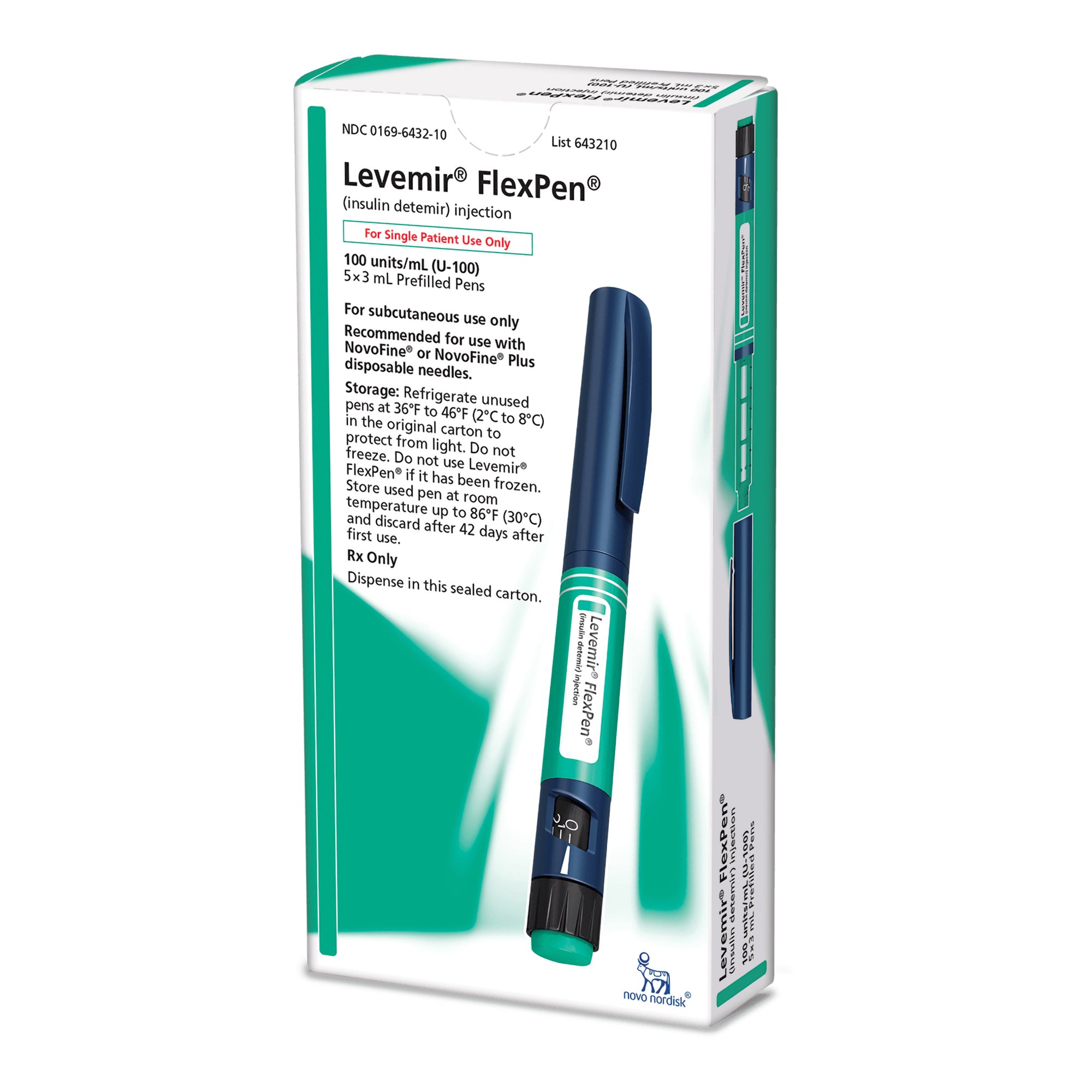


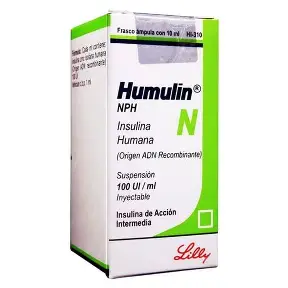
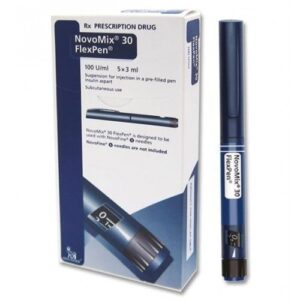
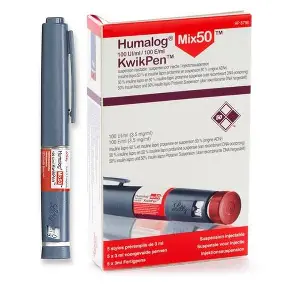
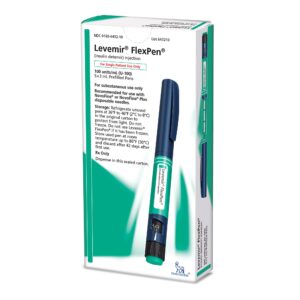
Reviews
There are no reviews yet.